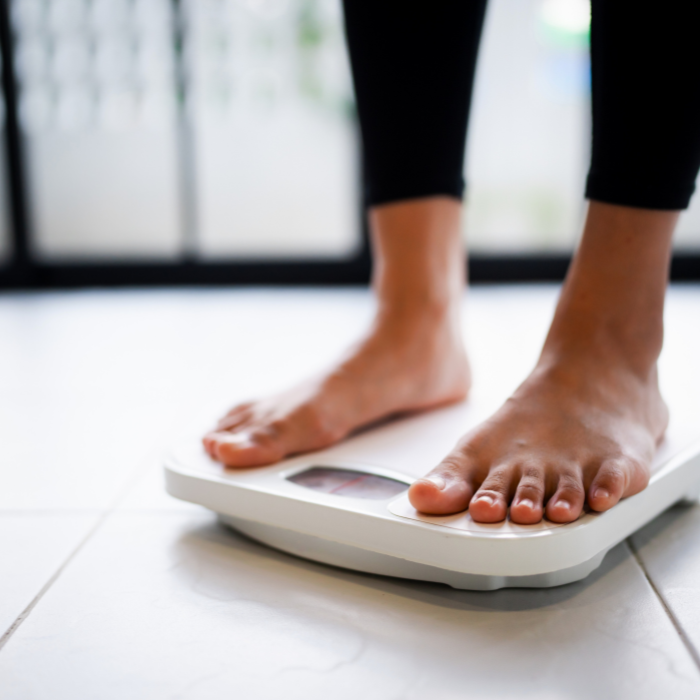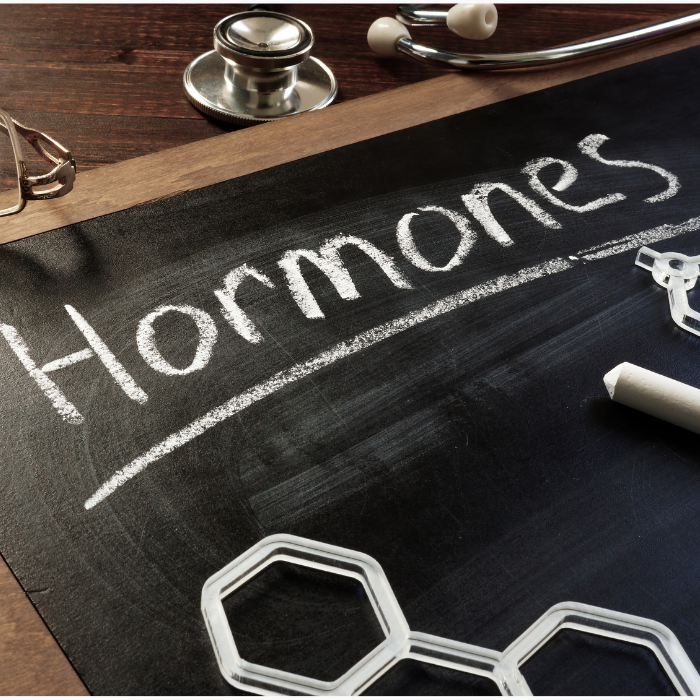In recent years, hormone optimization has moved from the fringes of medicine into the mainstream of modern wellness—and for good reason. Our hormones are responsible for far more than reproductive health. They govern everything from energy levels and metabolism to muscle retention, sleep, brain function, and mood regulation. When these powerful chemical messengers fall out of balance, even slightly, the effects can be profound and far-reaching. For many adults, especially those over 30, hormone optimization provides a medically sound and life-enhancing solution to what once felt like irreversible decline.
This post will unpack what hormone optimization is, how it works, and why it’s more relevant than ever in today’s fast-paced, high-stress environment. Whether you’re struggling with fatigue, weight gain, low libido, brain fog, or just not feeling like yourself, the root cause may lie in your body’s hormone production—and the good news is, there are science-backed ways to restore it.
Understanding Hormones: Your Body’s Internal Messaging System
Hormones are chemical messengers produced by glands such as the thyroid, adrenal glands, pituitary, and reproductive organs. These messengers travel through your bloodstream and tell your body what to do and when to do it. They regulate virtually every essential function: growth, metabolism, body temperature, sexual function, mood, and much more.
In an optimal state, your hormones operate in a delicate, dynamic balance. But with age, stress, poor sleep, environmental toxins, or medical conditions, that balance can shift. This leads to a condition known as hormonal imbalance, where the body either produces too little or too much of a hormone—or can’t regulate it efficiently.
What Is Hormone Optimization?
Hormone optimization is the medical process of identifying and correcting hormonal imbalances through individualized, evidence-based treatment. The goal is not simply to treat symptoms, but to bring hormone levels into a range that promotes optimal physical and mental function.
Unlike traditional hormone replacement therapy (HRT), which often follows a one-size-fits-all dosing strategy, hormone optimization is precision medicine. It is based on your specific lab work, symptoms, age, health history, and goals. Optimization focuses on restoring balance, rather than simply pushing levels into the “normal” range. Because let’s face it—normal isn’t always optimal.
Common Hormones That May Need Optimization
While hormone optimization can involve many pathways, the most commonly addressed hormones in clinical practice include:
-
Testosterone (men and women): Critical for muscle mass, energy, libido, mood, and cognitive function.
-
Estrogen and Progesterone (primarily women): Regulate menstrual cycles, bone health, sleep, and emotional stability.
-
Thyroid Hormones (T3, T4, TSH): Essential for metabolism, weight management, and energy.
-
DHEA and Cortisol: Involved in stress response, immune function, and adrenal health.
-
Insulin: Regulates blood sugar and plays a major role in metabolic health and fat storage.
-
Growth Hormone/IGF-1: Supports tissue repair, lean muscle, fat metabolism, and cellular regeneration.
When even one of these hormones is off, it can create a domino effect throughout the body. The result? Symptoms that many people write off as “getting older” when, in fact, they may be entirely reversible.
Signs You Might Need Hormone Optimization
Many people who benefit from hormone optimization don’t initially realize they have an imbalance. The signs are often subtle at first, then progressively disruptive. Common symptoms include:
-
Fatigue or poor energy, even after sleep
-
Unexplained weight gain or inability to lose weight
-
Loss of muscle mass or strength
-
Brain fog, forgetfulness, or lack of focus
-
Low libido or sexual dysfunction
-
Mood swings, anxiety, or depression
-
Poor sleep quality or difficulty staying asleep
-
Thinning hair or dry skin
-
Loss of motivation or drive
These symptoms can arise in both men and women and often overlap with other health concerns, which is why proper evaluation by a trained professional is key.
How the Process Works at Optimize U Louisville
At Optimize U, we take a comprehensive and data-driven approach to hormone optimization. Here’s what you can expect:
-
Initial Consultation and Lab Work
Every patient begins with detailed bloodwork that assesses over 80 biomarkers. We don’t guess—we measure. -
Clinician Review and Personalized Plan
Our licensed providers analyze your lab results alongside your symptoms and goals. We create a customized plan that may include bioidentical hormone therapy, thyroid support, peptide therapy, or lifestyle interventions. -
Ongoing Monitoring and Adjustments
Optimization is a process, not a pill. We follow up with you regularly to fine-tune your treatment and ensure you’re moving toward your best self—safely and effectively. -
All-In-One Care
No surprise fees, no hidden costs. Lab draws, medical visits, prescriptions, and even shipping are bundled into your plan so you can focus on results, not logistics.
Why Hormone Optimization Is More Important Than Ever
Our environment and lifestyle have changed dramatically over the past few decades. Poor sleep, processed foods, elevated stress, endocrine-disrupting chemicals, and sedentary habits all take a toll on hormone production. Even younger adults are now experiencing symptoms traditionally associated with middle age.
Additionally, conventional medicine often dismisses these concerns until a patient reaches a disease state. Hormone optimization, on the other hand, aims to catch imbalance early and restore vitality before chronic issues set in.
Debunking Common Myths
Myth #1: Hormone therapy is only for older people.
Reality: Many adults in their 30s or 40s begin to experience early declines in hormone production. Optimization is about function, not age.
Myth #2: It’s not safe.
Reality: When administered by licensed providers using bioidentical hormones and regular lab monitoring, hormone therapy is not only safe—it’s often life-changing.
Myth #3: It’s just for men.
Reality: Women benefit equally from hormone optimization, especially during perimenopause, menopause, or after certain medical treatments.
Conclusion: Invest in the Health You Deserve
Hormone optimization isn’t about chasing youth or vanity—it’s about restoring function, confidence, and quality of life. It’s about having the energy to do what you love, the clarity to stay sharp, and the vitality to feel like yourself again.
At Optimize U Louisville, we believe every individual deserves access to personalized, data-driven care. With expert guidance, advanced diagnostics, and a commitment to helping you thrive, we’re here to walk the journey with you—from lab work to lasting results.






